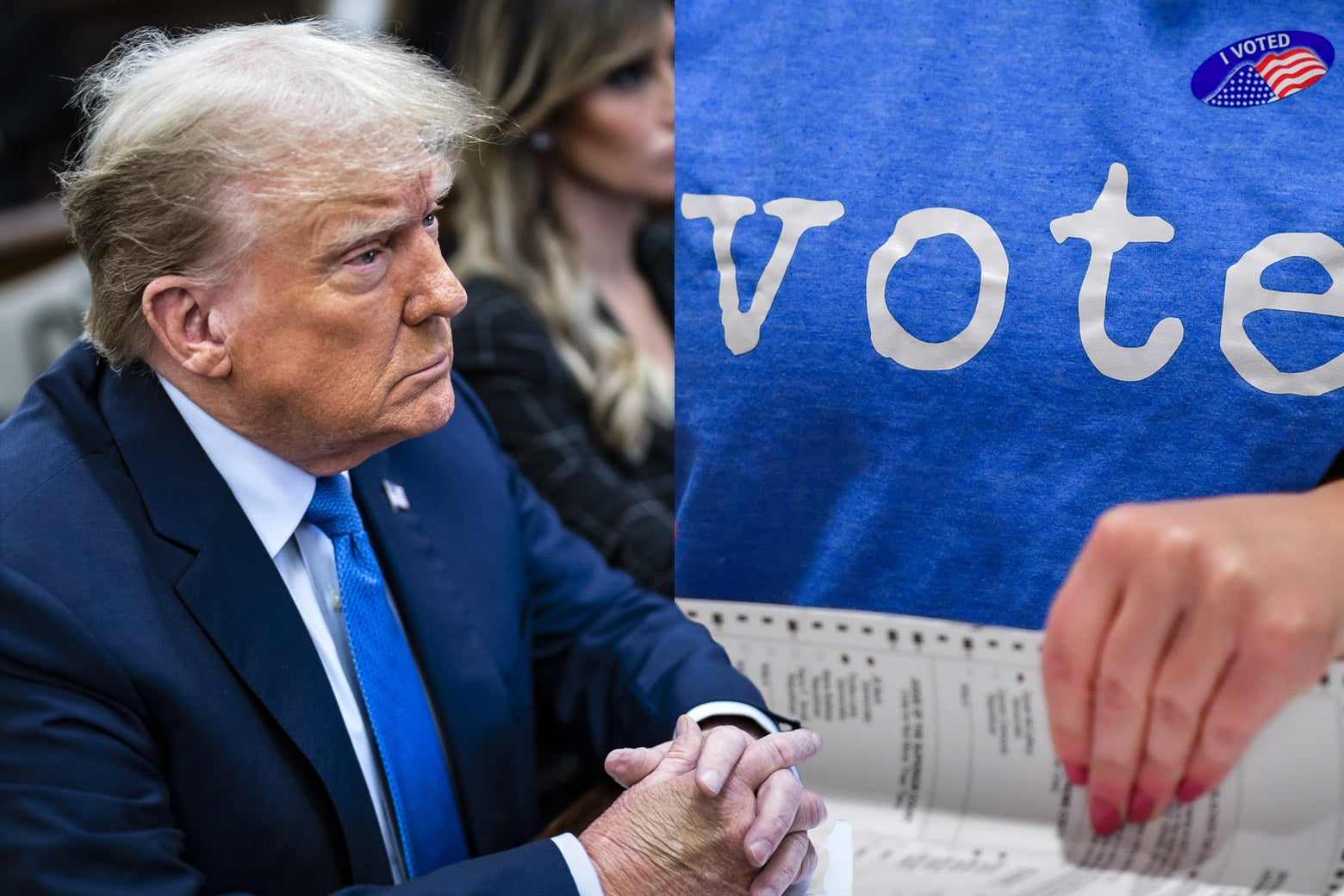In short, when the Colorado and Minnesota cases arrive in Washington, the Supreme Court will confront a desperate race against time. If it fails to decide the cases rapidly, it will provoke a constitutional crisis once the polls close and each state decides who won the election. Under current law, state legislatures must report their Electoral College winners in time for Vice President Kamala Harris to report the results to a joint session of Congress meeting on Jan. 6, 2025. Once she inspects the ballots, she is likely to find that none of the three candidates—neither Biden, nor Trump, nor Trump’s proxy—has won a majority of the electoral votes. At this point, Harris will confront a dilemma that will make Vice President Mike Pence’s predicament in 2021 seem modest by comparison.



What they’re discussing is the possibility that Biden doesn’t make it to 270 electoral votes, and the remaining votes are split between Trump and whomever else Republicans write in. I don’t think it’s a very likely scenario, but it is possible under our electoral system.
deleted by creator
The problem in this scenario (however likely) is that if Democrats don’t take back the House in 2024, Republicans get to pick the next President. In the event that the Electoral College fails to identify a clear winner, the House gets to decide who should be President. I’m not willing to bet there are enough “never Trumpers” in the House to avoid installing him anyway.
Even if dems win a majority in the house, they may not have a majority of state delegations. the house vote is by state delegation.
Right, good point.
deleted by creator
deleted by creator